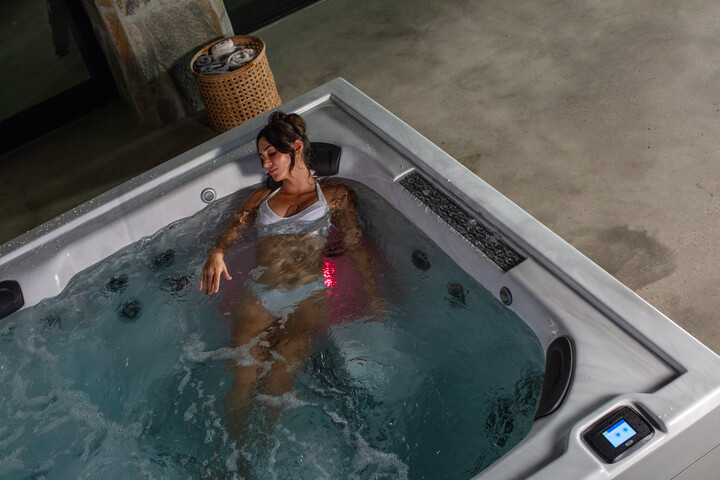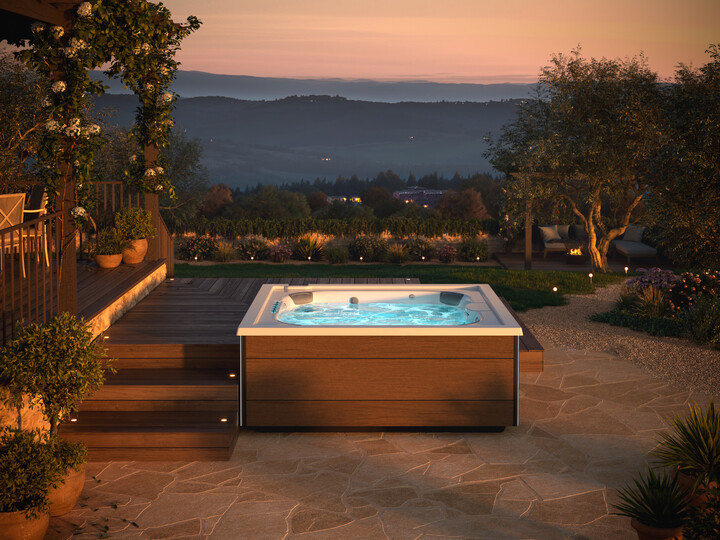There are several factors, that you can control, affecting your hot tub costs.
By doing all that you can to control the factors we have listed below, you can maximize the amount of money you spend on your hot tub and spa.
Passing time in a hot tub is one of the best ways to relax your body after a long day of work. It is healthy for your mind, body, and soul. Hot tubs are also great for enjoying a romantic evening. While the benefits of owning a hot tub in your home are many, installation and operational cost tends to be a hindrance for most homeowners who’d consider installing one.
However, you do not have to win a lottery in order for you to have a hot tub in your home. You only need to plan well in advance for the expenses, especially the operational ones such as electricity and maintenance. But do hot tubs have a significant impact on electricity bills? How can you control the situation in case it affects your bills negatively and turns out to cause a financial strain? Here are some pointers on how hot tubs affect your electricity bill along with some helpful tips for the hot tub owner.
They Increase Your Monthly Bill
Let’s face it; hot tubs rely on electric energy to heat the pool water. As you would expect, installing a hot tub will cause a significant increase in your monthly energy bills. However, the amount you pay for hot tub heating can vary depending on various factors. It is important to get familiar with these factors if you intend to keep your energy bills low.
What Determines Your Hot Tub Heating Costs?
The cost of heating a hot tub is variable. It depends on factors such as hot tub size, model, how well it is installed, and the climate of your location, how well it is used and maintained, insulation, and the cost of electricity of in your location. It also depends on whether it runs 24/7 and if it has a hot tub cover for when not in use. Modern, advanced hot tubs come with features and a design that allows you to save energy. With an energy-efficient hot tub, you will definitely save on energy costs. On average, in a place such as Los Angeles, hot tub electricity costs can range between $10 and $20 monthly. In a nutshell, below are the few determinant factors of hot tub heating costs:
- Regional climate
- Location’s energy cost per kilowatt (electricity unit price).
- Hot tub size and type
- Insulation
- Hot tub cover
Some Factors That Lead To High Electricity Bills
If you run your hot tub 24/7 including when it’s not being used, of course, it will use up more energy monthly. The same applies in case the tub is poorly installed, poorly insulated, or lacks insulation. If your location is too cold, the hot tub will have to work harder to meet the heating needs and maintain the water temperatures at 104 degrees F. If it lacks a good quality tub cover, the hot tub will maintain water temperatures poorly and will succumb to wear and tear faster. If it is poorly maintained, parts such as the filters, water pump, and motor may end up wearing faster.
All the above factors lead to higher energy demand. Since your hot water tub will end up using too much energy, you will pay more for your electricity bills. However, there are some ways you can prevent this from happening.
How to Keep Hot Tub Energy Expenses Down
It all starts with choosing a good hot tub model and hiring an experienced professional technician to install it. Ensure that it is properly installed and insulated. You can also reinforce your hot tub’s insulation with a floating thermal blanket and invest in good hot tubs cover to reduce heat loss and keep your hot tub protected from weather damage.
Having some plantation or fencing around the hot tub can reduce the force and effect of wind in your tub. This makes it more energy-efficient and can reduce your monthly electricity bill significantly. Be sure to replace tub filters every 3-4 months or at least and have a pool maintenance company conduct hot tub maintenance checks regularly. When not in use, always turn off the heater to save energy. When in use, turning the thermostat down a few degrees can also make a huge difference in the long term.





